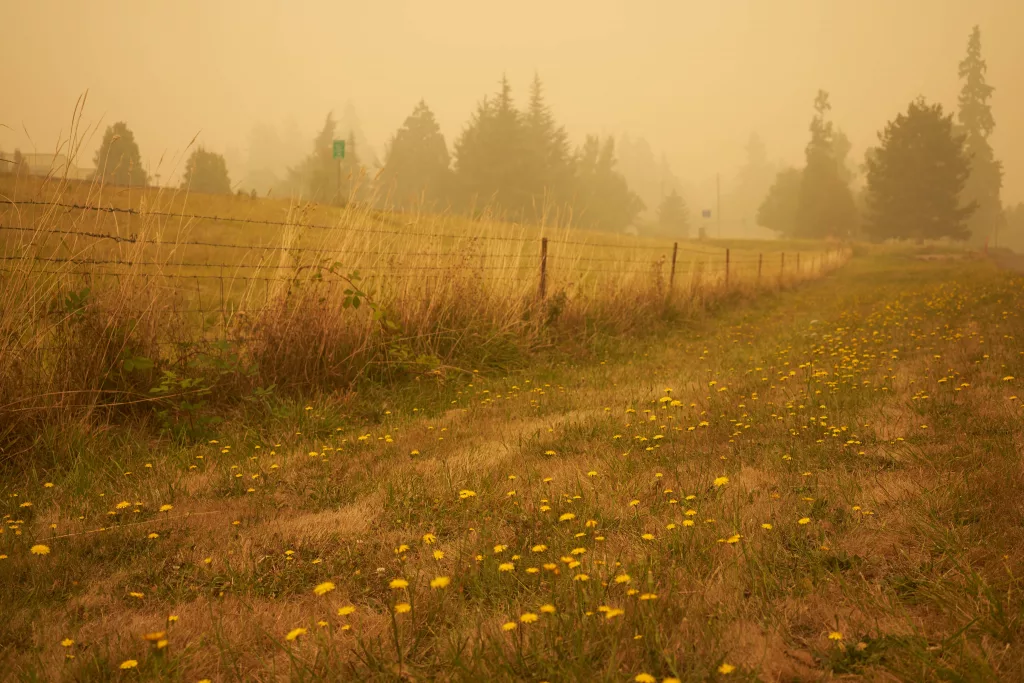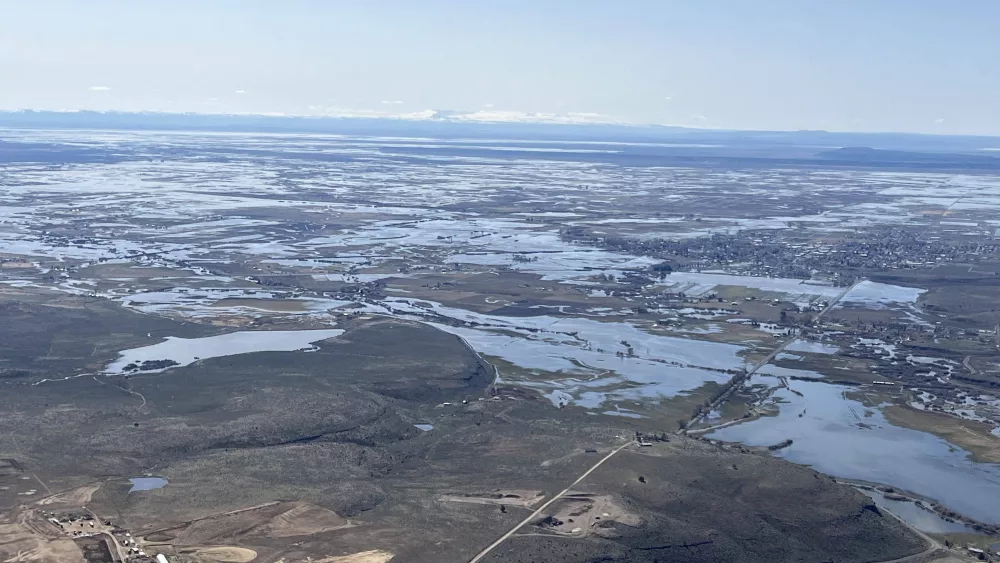New research suggests humans aren’t the only ones experiencing negative effects from wildfire smoke.
Researchers are studying Ponderosa pines, which inhabit much of the western United States, and they’re finding that smoke may be affecting trees and many more kinds of plants – including food crops.
Research co-author Delphine Farmer, a chemistry professor at Colorado State University, said they don’t yet know the full extent of the effects of wildfire smoke on plant life, but they do know it can impact the economy in some surprising ways.
“Oregon has some amazing wine, and in the wine that’s grown there, there are a lot of concerns about smoke taint,” she said. “And that’s when the gases and particles of smoke actually get into the grapes and impact the taste and flavor of the wine.”
She said they’ve found that smoke can cause plants to close their pores and even pause photosynthesis. This may mean shorter and slower growing periods, with unpredictable consequences for crop growth and output. Farmer added that the best solution is to work to manage the effects of climate change.
While forest fires have been part of a healthy forest’s life cycle for centuries, the rate and intensity of recent fires has ramped up. As Oregon faces yearly major wildfire seasons, Farmer said it’s important to find ways to mitigate the smoke exposure.
“As we move to stronger effects of climate change, and global change induced by human activity, we know we are going to be seeing more of these wildfire events,” she said. “And so, the best way to reduce smoke exposure – whether it’s to humans or to plants – is really to reduce the number of wildfire events.”
She added that human behavior led to this increase in wildfire smoke – and emphasized the smoke will, in turn, affect human behavior. She recommended that people advocate for better firefighting techniques for at-risk areas and promote better climate policies.






